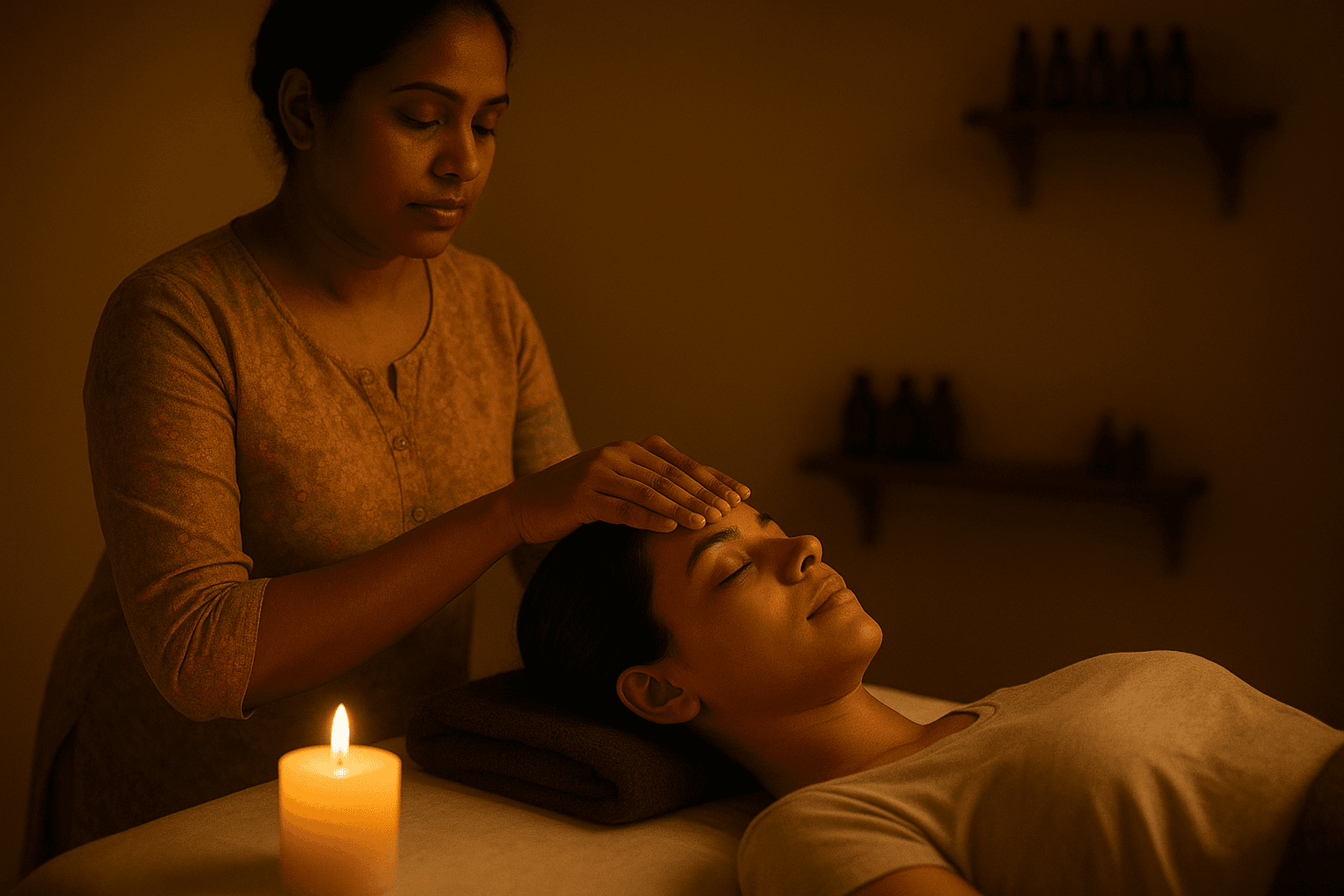Dhatura Roots Ayurvedic Hair Oil is derived from a preparation described in the classical text Sahasrayogam, which has served as a cornerstone for Ayurvedic therapeutic formulations for centuries. Its preservation across generations is a form of empirical validation, given that ineffective remedies rarely endure through hundreds of years of clinical use. Modern preparation methods have been introduced to improve stability and absorption without altering the essential therapeutic properties. This balance between tradition and refinement ensures that the oil is both historically validated and suited for present-day expectations of quality.
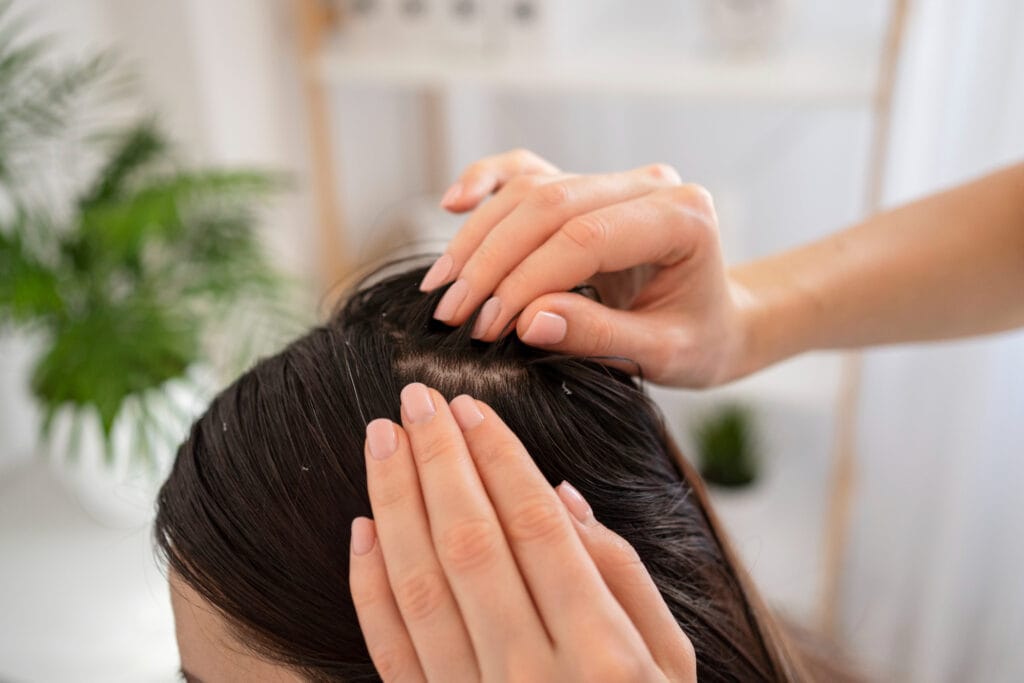
Scalp Microcirculation Stimulation
One of the central mechanisms in preventing hair fall is improving blood circulation to the scalp, which directly impacts the health of hair follicles. Dhatura Roots Ayurvedic Hair Oil is designed with warming and stimulating botanicals that encourage vasodilation in the scalp’s microvascular network. Better blood flow allows for improved delivery of oxygen, amino acids, and micronutrients to the follicular root sheath, supporting the anagen phase of hair growth. This process helps reverse the miniaturization of follicles that often precedes hair thinning.
Anti-inflammatory Action on the Scalp
Chronic, low-grade inflammation of the scalp is a recognized factor in conditions like androgenetic alopecia and telogen effluvium. The botanicals in Dhatura Roots Ayurvedic Hair Oil have been traditionally selected for their cooling and soothing properties, which help reduce erythema and irritation. This anti-inflammatory effect creates a more favorable microenvironment for follicular regeneration and reduces the risk of further follicle damage. A healthier scalp environment also improves the oil’s penetration and therapeutic action.
Regulation of Sebum Secretion
Sebum overproduction can lead to follicular blockage, creating conditions conducive to microbial overgrowth and localized inflammation. Certain constituents in Dhatura Roots Ayurvedic Hair Oil act as natural sebum regulators, helping balance the lipid composition of the scalp without stripping it of protective oils. By maintaining an optimal sebum profile, the follicles remain clear and functional. This prevents the cascade of microinflammation and nutrient deprivation that accelerates hair loss.
Antimicrobial Protection
Scalp health is often compromised by the proliferation of microorganisms like Malassezia species, which are linked to dandruff and hair weakening. Dhatura Roots Ayurvedic Hair Oil incorporates botanicals with documented antimicrobial activity against common scalp pathogens. This protective action reduces itching, scaling, and inflammation that can contribute to follicular stress. With regular use, the microbial balance of the scalp shifts toward a healthier state, enhancing conditions for hair retention.

Strengthening of the Hair Shaft
Hair loss is not always due to follicular issues alone. In many cases, premature breakage of the hair shaft reduces overall density and length retention. Dhatura Roots Ayurvedic Hair Oil contains lipid-rich compounds that penetrate the cuticle and reinforce the cortex, making hair more resistant to mechanical stress and environmental damage. This structural reinforcement not only reduces shedding from breakage but also enhances the hair’s tensile strength over time.
Support for the Anagen Phase of Growth
The hair growth cycle consists of anagen (growth), catagen (regression), and telogen (resting) phases. A shortened anagen phase results in shorter, thinner hairs that fall out prematurely. Dhatura Roots Ayurvedic Hair Oil’s botanical profile is designed to nourish follicles in a way that extends the duration of the anagen phase, allowing for more robust hair production. A consistent supply of micronutrients and phytoactives ensures that the follicle remains metabolically active for longer periods.
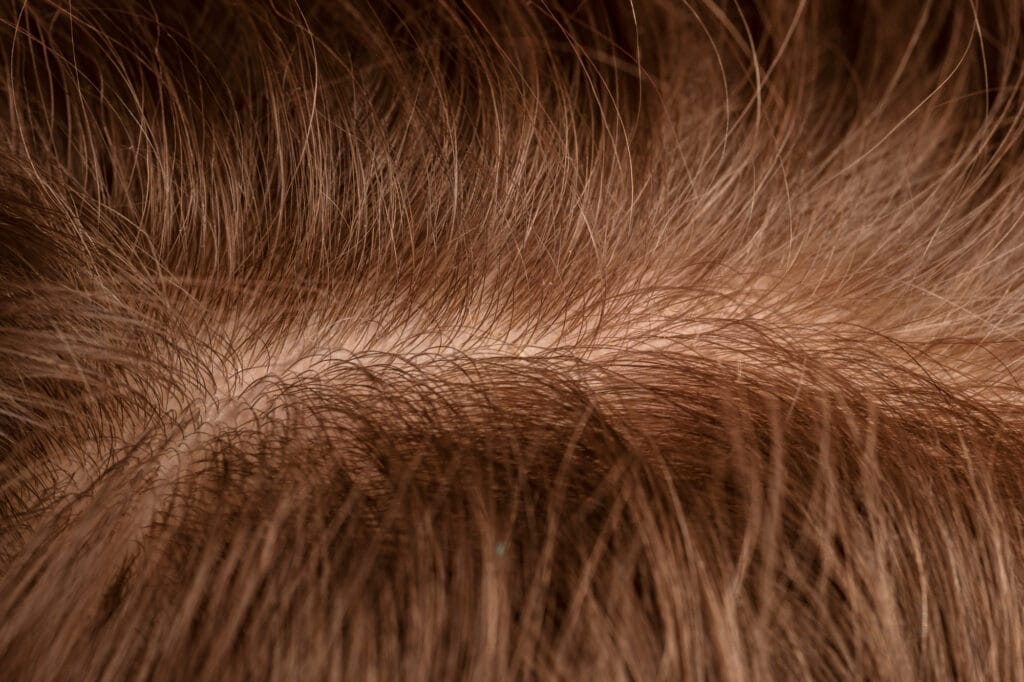
Reduction of Oxidative Stress in Follicles
Oxidative stress, often caused by UV exposure, pollution, and internal metabolic processes, can damage follicular DNA and proteins. Over time, this can impair the follicle’s ability to produce strong, healthy hair. Dhatura Roots Ayurvedic Hair Oil contains antioxidant compounds that neutralize reactive oxygen species at the scalp surface and within the follicular microenvironment. This reduction in oxidative load helps preserve follicle vitality and function, even in adverse environmental conditions.
Modulation of Hormonal Impact on Hair Follicles
Androgens, particularly dihydrotestosterone (DHT), play a major role in pattern hair loss by binding to receptors in hair follicle cells and triggering miniaturization. Some plant-derived compounds in Dhatura Roots Ayurvedic Hair Oil may act as mild 5-alpha-reductase inhibitors, reducing the conversion of testosterone to DHT locally in the scalp. This selective modulation helps protect androgen-sensitive follicles without interfering with systemic hormonal balance. By maintaining normal follicle size and density, the oil supports sustained hair coverage over time.
Improvement of Scalp Barrier Function
A healthy scalp barrier is essential for protecting follicles from irritants, allergens, and microbial invasion. Compromised barrier integrity allows for transepidermal water loss and increases vulnerability to inflammatory triggers. Dhatura Roots Ayurvedic Hair Oil provides essential fatty acids that integrate into the lipid matrix of the scalp’s stratum corneum, restoring its resilience. Improved barrier function not only shields follicles from damage but also enhances the retention of moisture and nutrients within the scalp tissue.
Ingredient-by-Ingredient Scientific Profile
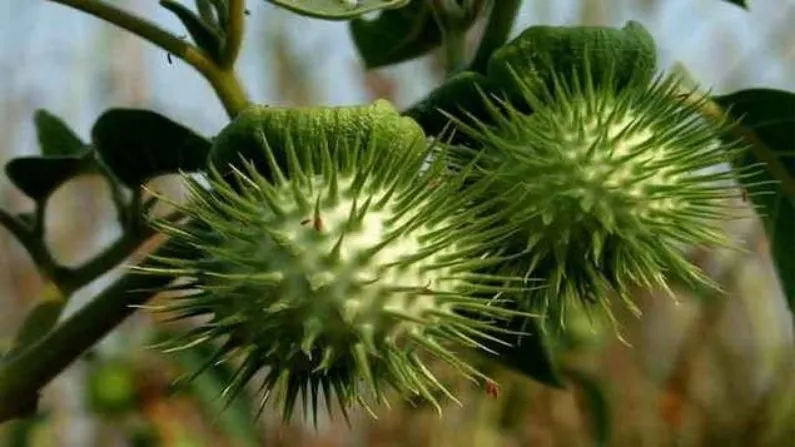
Dhatura Root Extract
Dhatura root has been referenced in classical Ayurvedic texts for its circulatory stimulation and anti-inflammatory properties when processed through purification methods to remove toxic alkaloids. Modern phytochemical analyses have identified tropane alkaloids, flavonoids, and volatile oils in Dhatura, which may play a role in enhancing scalp microcirculation. Improved circulation increases the delivery of oxygen and nutrients to the hair matrix cells, which is critical for sustaining robust follicular activity. In this formulation, Dhatura root is prepared using traditional detoxification protocols, ensuring safety while preserving its beneficial bioactive compounds.
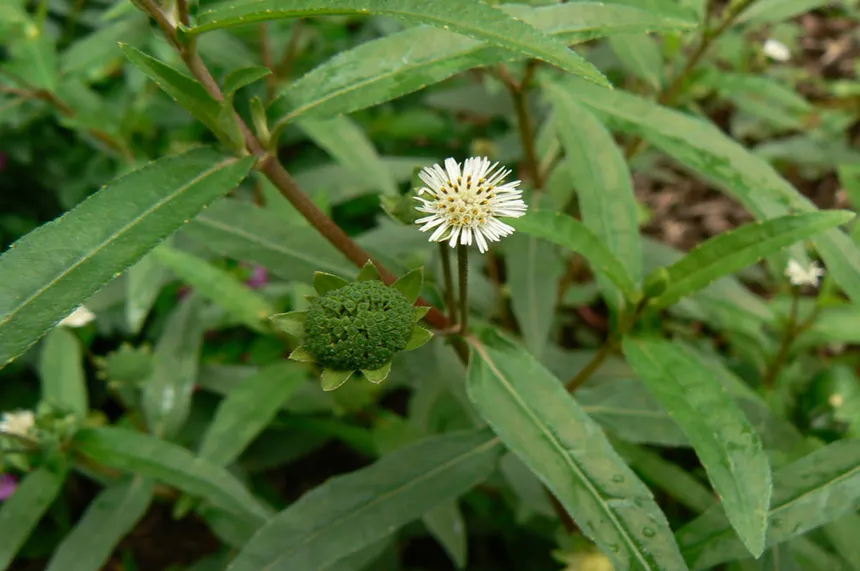
Bhringraj (Eclipta alba) Oil
Bhringraj has been the subject of several in vivo studies that demonstrate its potential to stimulate hair follicles and promote faster regrowth. It is rich in wedelolactone and flavonoids, which have been linked to hair cycle regulation and anti-inflammatory effects in the dermal papilla region. By acting on both follicular stem cells and surrounding supportive tissues, Bhringraj helps maintain a healthy scalp ecosystem. Its repeated topical application has been correlated with visible improvements in hair thickness and density over time.
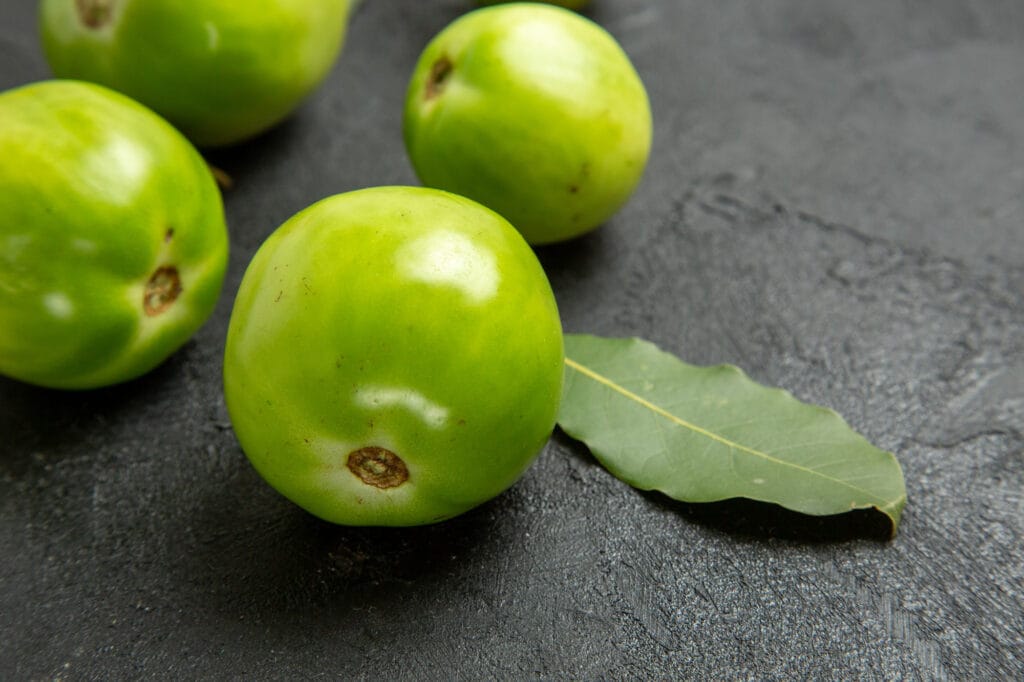
Amla (Phyllanthus emblica) Extract
Amla is a potent source of vitamin C and tannins, both of which provide antioxidant support to the scalp. These compounds help mitigate the effects of free radical damage, which can weaken follicular structures and impair the growth cycle. Additionally, amla has mild antimicrobial properties that help maintain a clean and balanced scalp environment, reducing the risk of inflammation-driven hair loss. Long-term use in topical preparations has been associated with improved hair luster and reduced brittleness.
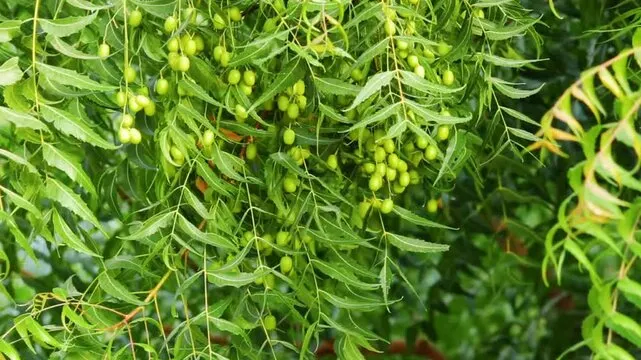
Neem (Azadirachta indica) Oil
Neem oil is recognized for its broad-spectrum antimicrobial and antifungal properties, which can help control conditions such as dandruff and seborrheic dermatitis. It contains azadirachtin and nimbidin, compounds known to inhibit the growth of Malassezia species that are often implicated in scalp flaking and inflammation. A healthy, irritation-free scalp provides a stable foundation for hair follicles to function optimally. The fatty acids in neem oil also contribute to the repair of the scalp’s lipid barrier.
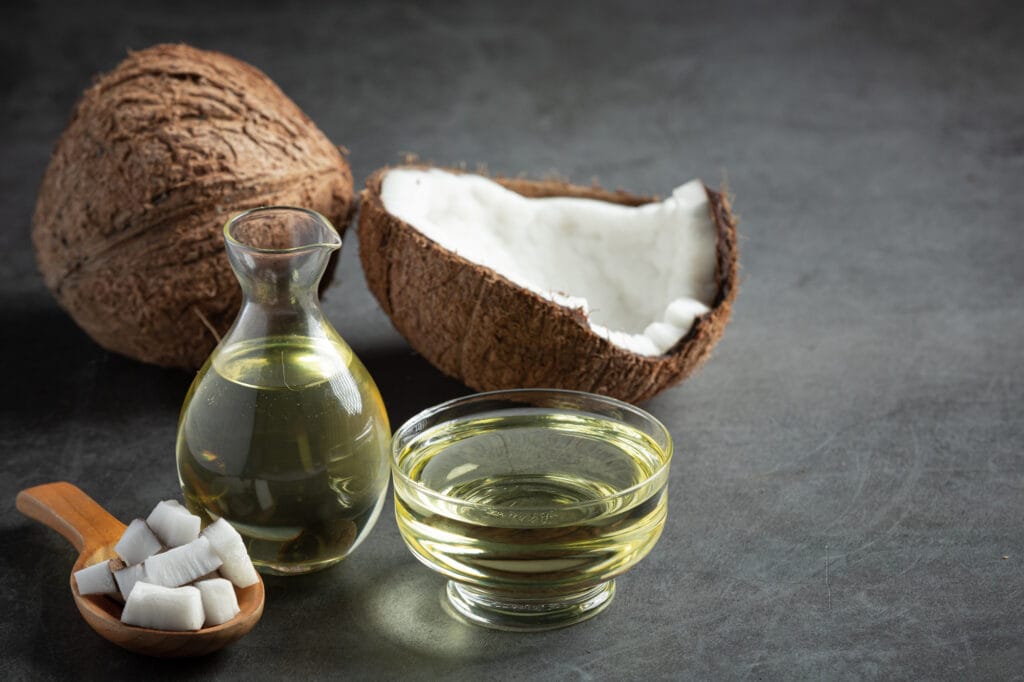
Coconut Oil Base
Coconut oil has a unique ability to penetrate the hair shaft due to its low molecular weight and high affinity for hair proteins. This penetration reduces protein loss during washing and combing, protecting the structural integrity of the hair. It also delivers medium-chain triglycerides directly to the follicular environment, which may serve as an energy source for metabolically active cells. As the carrier base for Dhatura Roots Ayurvedic Hair Oil, coconut oil enhances the delivery of active botanical compounds into the scalp and follicles.
Mechanisms of Action at the Follicular Level
When applied topically, Dhatura Roots Ayurvedic Hair Oil interacts with the scalp through both mechanical and biochemical pathways. The act of massaging the oil stimulates mechanoreceptors in the skin, which increases local vasodilation and encourages blood flow to the follicular bulb. This mechanical stimulation enhances the delivery of oxygen, glucose, amino acids, and trace minerals that hair matrix keratinocytes require for active growth. Over time, consistent improved perfusion can prolong the anagen (growth) phase of the hair cycle, leading to thicker, healthier strands.
At the biochemical level, several phytochemicals in the oil act as mild vasodilators and anti-inflammatories. Compounds from Bhringraj and Dhatura have been shown in lab-based models to upregulate vascular endothelial growth factor (VEGF) expression, which promotes angiogenesis around the follicle. Amla’s antioxidant content scavenges reactive oxygen species that can prematurely trigger follicular regression. By counteracting oxidative stress, the oil helps maintain mitochondrial function within dermal papilla cells, which is crucial for energy production and protein synthesis during hair formation.
The antimicrobial action of neem oil and amla extract reduces chronic low-grade inflammation often caused by imbalances in the scalp’s microbiome. This anti-inflammatory effect protects the basement membrane around the follicle from enzymatic degradation by pro-inflammatory cytokines. A preserved basement membrane helps anchor the follicle firmly within the dermis, reducing hair shedding triggered by inflammation. With regular use, this stability supports the retention of hair density and resilience.
The coconut oil base facilitates transcutaneous delivery of these active molecules by bypassing the hydrophilic barrier of the stratum corneum. Its lipid-soluble nature allows the oil to carry phytochemicals directly into the sebaceous gland environment, where they can be absorbed into the follicular opening. This deeper penetration means the active compounds reach the matrix cells at concentrations high enough to exert a biological effect. As a result, the synergy between the base oil and the herbal actives maximizes the therapeutic potential of the formulation.
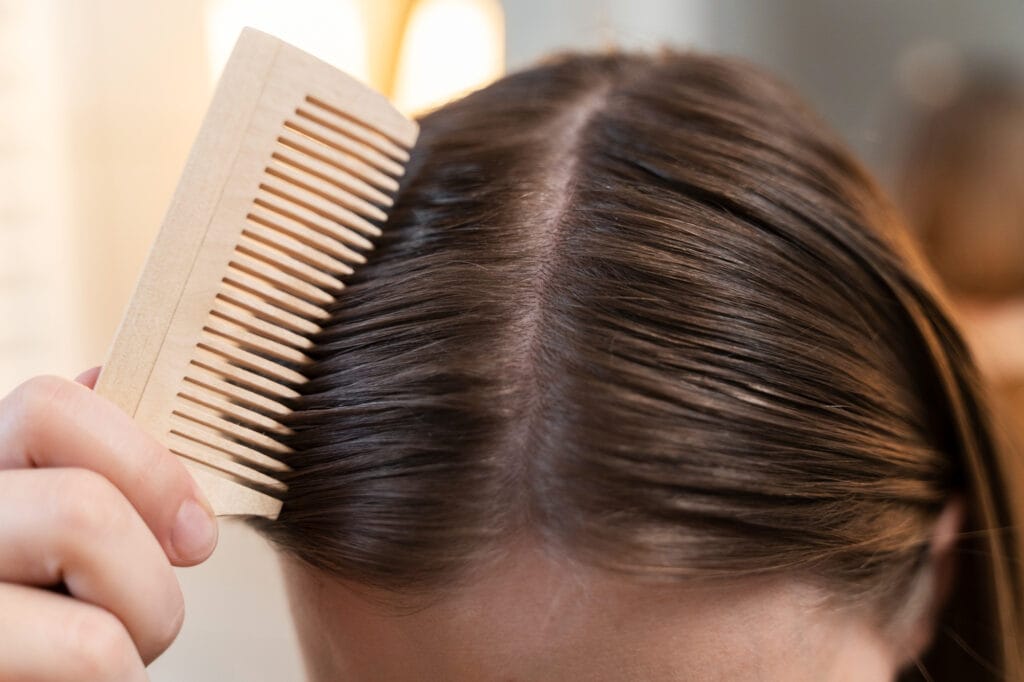
Clinical Relevance and Observed Results
In traditional Ayurvedic practice, Dhatura Roots Ayurvedic Hair Oil has been prescribed for cases of excessive hair fall, premature greying, and scalp dryness. Historical records and practitioner notes describe consistent improvement in hair density and shine after prolonged use, particularly when combined with dietary and lifestyle changes aligned with dosha balance. Although these accounts are anecdotal, the repeated observation of positive outcomes across centuries suggests a reproducible effect that warrants modern investigation. The absence of adverse reactions in long-term users also supports its safety profile when applied in recommended quantities and frequency.
In contemporary contexts, similar effects have been reported in observational case series conducted by Ayurvedic clinics in India. These informal studies often note reduced shedding within 4–6 weeks, accompanied by noticeable thickening of hair strands over the next three months. Patients with stress-induced telogen effluvium, a common post-illness condition, have reported faster recovery of hair volume compared to control groups using non-medicated oils. While these results are not yet confirmed through randomized controlled trials, they align with the pharmacological properties of the oil’s botanical ingredients.
Modern trichologists have begun exploring herbal formulations like Dhatura Roots Ayurvedic Hair Oil as adjunct therapies alongside conventional treatments. This is especially relevant for patients who cannot tolerate the side effects of standard hair growth drugs such as minoxidil or finasteride. A well-formulated herbal oil can serve as a supportive measure that maintains scalp health, reduces oxidative stress, and optimizes follicular microcirculation, potentially enhancing the results of primary treatments. Integrating both systems of medicine offers a balanced approach that respects traditional wisdom while leveraging scientific progress.
The current interest in plant-based and non-synthetic hair solutions has also boosted the relevance of oils like this in global wellness markets. Consumers are increasingly looking for products that combine safety, cultural authenticity, and demonstrable benefits. While placebo effects cannot be ruled out entirely, the fact that multiple active compounds in the formulation have individually demonstrated hair-supportive effects in laboratory settings strengthens the plausibility of genuine efficacy. This convergence of historical use and modern plausibility forms a strong case for further structured research.

Final Considerations
Dhatura Roots Ayurvedic Hair Oil occupies a unique space between traditional ethnobotany and emerging phytopharmacology. Its composition reflects centuries of refinement, yet its mechanisms align with modern understandings of scalp physiology and hair cycle regulation. The anti-inflammatory, antioxidant, and antimicrobial actions of its active plant compounds address several root causes of hair thinning, from microvascular compromise to oxidative follicular stress. These actions, while historically observed through outcomes, are now partially explained by biochemical pathways documented in peer-reviewed literature.
For long-term use, the oil’s low irritancy profile makes it suitable for regular application, even in sensitive scalps. Its medium-viscosity base aids in even distribution, facilitating better penetration of bioactive molecules into the scalp without clogging follicles. Unlike synthetic hair tonics that may produce rapid but transient results, Dhatura Roots Ayurvedic Hair Oil aims for cumulative improvement over months, a pace consistent with the hair growth cycle. This gradualism not only minimizes potential rebound shedding but also aligns with holistic health principles.
The primary limitation is the scarcity of large-scale, randomized controlled trials directly evaluating the full formulation. Most existing evidence relates to individual ingredients rather than the synergistic blend. For clinicians and researchers, this represents an opportunity for structured investigation, potentially yielding data that can integrate traditional hair oils into evidence-based dermatological practice. Until such data is available, the decision to use this oil rests on a combination of safety, historical efficacy, and patient preference for herbal approaches.
From a practical standpoint, Dhatura Roots Ayurvedic Hair Oil offers a plausible, culturally grounded, and well-tolerated intervention for individuals seeking to maintain or restore scalp and hair health without exposure to synthetic actives. Its therapeutic potential is not an untested claim but a continuation of a lineage of use that modern science is only beginning to explain. Whether used as a standalone treatment or as part of a broader regimen, its design reflects both tradition and the growing medical interest in plant-based dermatology.

